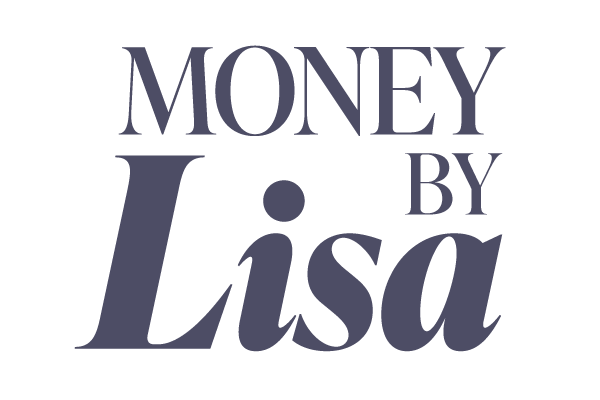It’s Not Your Money. Really.
I was searching for a particular long-lost research article on why consumers often prefer to finance a large purchase with a higher-cost credit card even when a lower interest rate option is available, when I came across something quite different.
Apparently, even when we know rationally that money we borrow is not ours in any legal sense of the word, we can nevertheless be made to feel like it is our own. And that sense of ownership makes us more inclined to take on debt. Suddenly, the fake checks that my husband constantly receives in the mail, urging him to “cash it” to access “his” money (in the form of a home equity line of credit) suddenly made sense. (More on this later.)
What I am describing is what researchers refer to as psychological ownership of borrowed money; “the extent to which consumers subjectively feel that borrowed money is their own.” It is yet another example of how we humans probably should not be left in control of our own wallets.
Here’s what’s going on. Humans like to feel as if we are masters of our own destiny; this is called self-efficacy. To varying degrees and for any number of reasons, you may feel more or less efficacy in your financial life. That is, you may feel as if you are in control of your finances and can make decisions that impact your wellbeing. Alternatively, you may feel that you are simply a leaf blowing in the wind, subject to the whims of economic and societal forces far beyond your control.
To the extent that you lack a sense of efficacy over your finances, you are more apt to seek that out by borrowing money. Or to put it another way, borrowed money can not only satisfy the tangible desire for a specific item, for some people it fills a hole in their psyche, fulfilling the need to assert control over their circumstances. The avenue by which that increased feeling of self-efficacy travels is a tendency to believe, against all logic, that the money you borrowed is yours.
Whoa. That’s deep.
But here is where things get really interesting. What researchers concluded, through a series of experiments, is that while the words “credit” and “loan” mean exactly the same thing in the world of finance and no consumer is confused on that point, nevertheless we perceive these words differently. You guessed it. We like credit, we don’t like loans.
The researchers hypothesized, and their study results supported, the following: “financial products offered to consumers as “credit” (e.g., credit cards or lines of credit) may better serve the needs underlying psychological ownership.” Why would this be so?
Well for starters, the very word “credit” is more attractive. (“You are credit worthy.”) Earlier research found that consumers equate their credit limit with a projection of their earning potential. Surely if the experienced minds at your financial institution of choice think that you can handle a $25,000 credit limit, who are you to say they are wrong?
More broadly, the fact that borrowing instruments like credit cards are more easily acquired and flexibly used increases the borrower’s sense of efficacy. You’re more in control…it’s “your” money. Which brings me back to the two points I started with earlier:
This desirable feeling of psychological ownership can lead one to paying a higher interest rate, even when a lower interest rate opportunity exists.
The offer of funds in the form a line of credit, as opposed to a “plain” loan, is more attractive to borrowers because the structure of a line of credit, combined with its more attractive wording, gives us a greater sense of psychological ownership of the borrowed funds, reducing our resistance to discretionary spending. Those “checks” that come in my spouse’s mail are a very clever appeal.
We all suffer from a raft of cognitive flaws that impact our money decisions and I don’t think there is much we can do to be rid of them. In fact, financial institutions depend on these mental errors to market their wares. Perhaps a simple tactic to employ when faced with a money decision is to pause first and ask yourself, “Why am I doing this?”
(Hey, I’d love to be in touch regularly. My free newsletter contains this blog, as well as other articles written by myself and others. Please consider subscribing by visiting the MoneyByLisa home page.)
